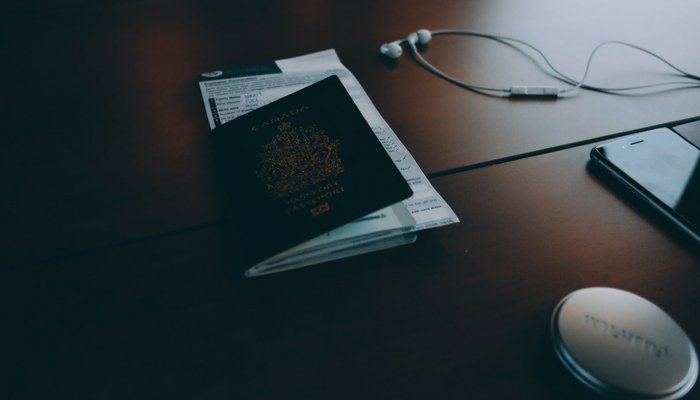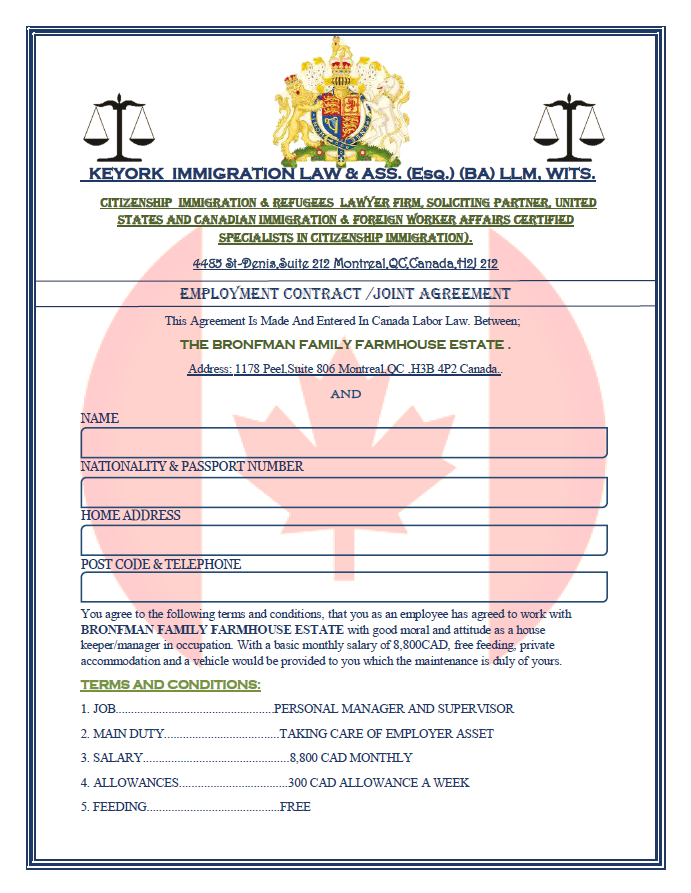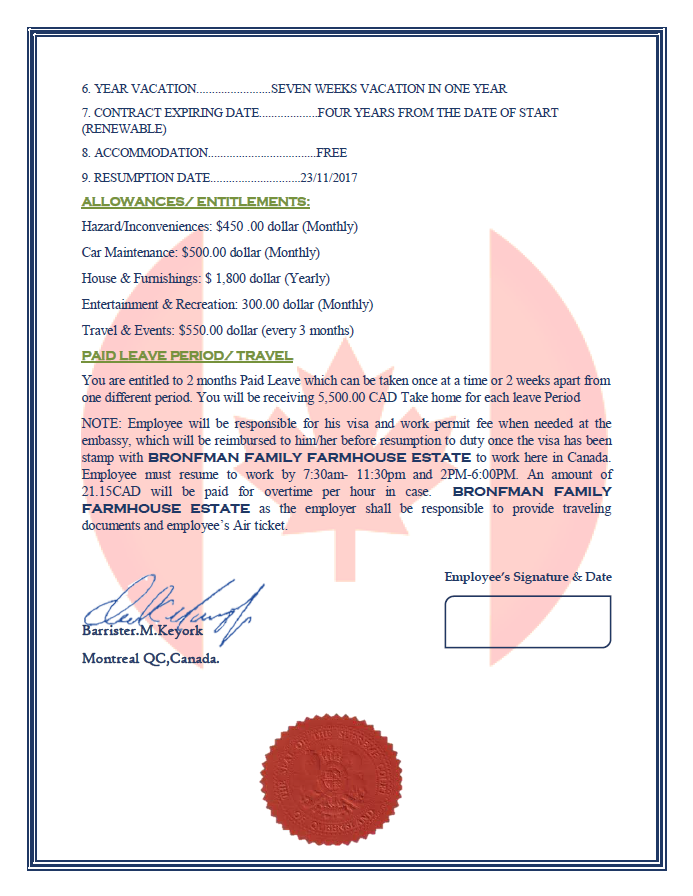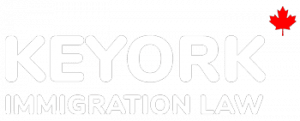
If you were one day a permanent resident of Canada and you never renounced your status/receive a negative decision on your residency from a refusal of a travel document, PR card renewal or removal order/residency obligation appeal, then you are most likely still a permanent resident of Canada!
If you have maintained fulfilled the residency requirements of 2 years out of 5, then you can look into applying for the renewal of your PR card. This area of immigration law can be quite confusing as most people associate their residency to the validity of their PR card, but the PR card is merely a travel document - there is much more to it then that!








